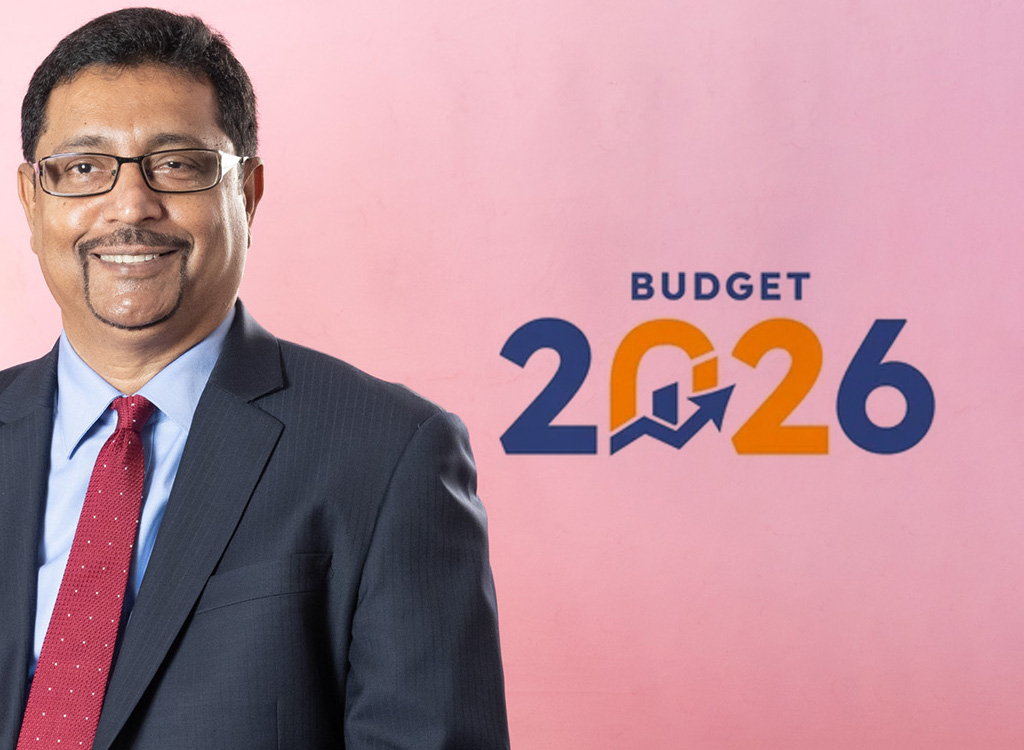The decision to reduce Sri Lanka’s Value Added Tax (VAT) and Social Security Contribution Tax (SSCT) registration thresholds from Rs. 60 million to Rs. 36 million annually is likely to have a significant market impact next year, KPMG said on Wednesday.
Commenting on the recently unveiled 2026 Budget, Suresh Perera, Head of Tax at KPMG, said the changes could expand the tax net considerably as the government seeks to meet its ambitious revenue target of Rs. 5,305 billion, including Rs. 4,850 billion from taxes and Rs. 455 billion from non-tax revenue and grants.
Perera noted that tax income will continue to rely heavily on VAT, external trade taxes and excise duties, while non-tax earnings are expected from interest, dividends, rent and fees.
Meanwhile, Hasitha Radella of KPMG said the Budget offers few positive measures despite reflecting “signs of economic stability.”
He pointed out that the government plans to raise income tax by 8.5% and indirect taxes by 3%, warning that the Inland Revenue Department (IRD) will face mounting pressure to achieve the targets tied to IMF program obligations.
Radella added that under a new risk-based audit framework, the IRD will intensify compliance checks starting January 2026, with cases selected based on risk assessments reviewed by a committee under the Commissioner General of Inland Revenue.
He stressed that strengthening the IRD’s accounting and data systems will be crucial to improving tax collection efficiency.











Leave a comment